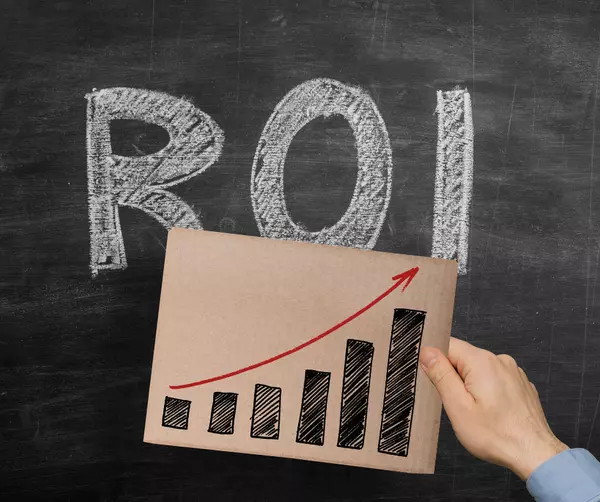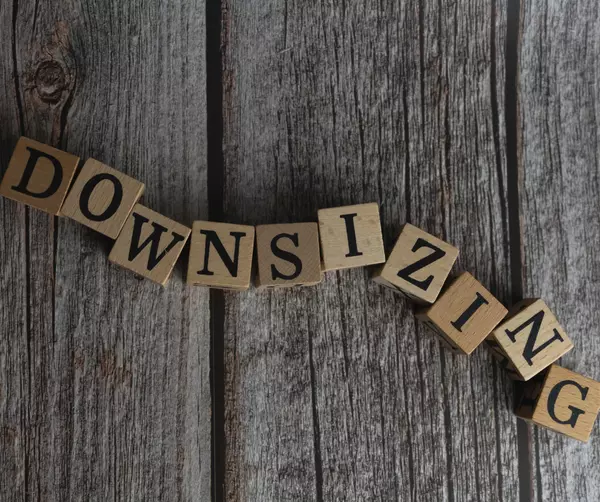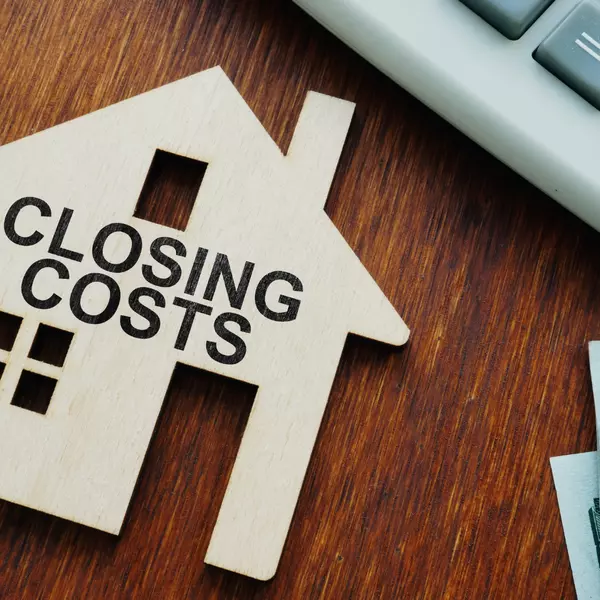Tax Advantages of Owning Real Estate

The Tax Advantages of Owning Real Estate
Owning real estate isn’t just about having a place to call home—it’s also a powerful financial tool that comes with valuable tax benefits. Whether you’re a first-time homebuyer or a seasoned property investor, understanding how real estate ownership can reduce your tax burden can help you maximize savings and build long-term wealth. Here’s a breakdown of some of the key tax advantages of owning real estate.
1. Mortgage Interest Deduction
One of the biggest tax benefits for homeowners is the mortgage interest deduction. If you have a home loan, you can deduct the interest paid on up to $750,000 of mortgage debt (or $1 million if the loan originated before 2018).
✅ How it helps: This deduction significantly reduces taxable income, especially in the early years of a loan when interest payments are higher.
📌 Example: If you paid $10,000 in mortgage interest last year, you could deduct that amount from your taxable income, potentially lowering your tax bill.
2. Property Tax Deduction
Homeowners can deduct up to $10,000 ($5,000 if married filing separately) in state and local property taxes. This benefit helps offset the cost of owning a home, especially in areas with high property taxes.
✅ How it helps: Property taxes can add up, and this deduction provides a way to recoup some of those costs each year.
3. Capital Gains Exclusion on Home Sales
If you sell your primary residence, you may be eligible to exclude up to $250,000 of capital gains from taxation ($500,000 for married couples), as long as you’ve lived in the home for at least two of the last five years.
✅ How it helps: If your home’s value has increased significantly, you can keep a large portion of the profit tax-free—a huge advantage compared to other investments.
📌 Example: If you bought your home for $300,000 and sold it for $550,000, you could exclude the $250,000 gain from taxes if you meet the eligibility requirements.
4. Depreciation Benefits for Real Estate Investors
If you own rental properties, depreciation allows you to deduct the cost of the property over time, reducing taxable income. The IRS lets investors depreciate the value of a rental home over 27.5 years (or 39 years for commercial properties).
✅ How it helps: Even though your property may be appreciating in value, you can still claim depreciation deductions, lowering your taxable rental income.
📌 Example: If you own a rental property worth $275,000, you can deduct $10,000 per year in depreciation ($275,000 ÷ 27.5 years).
5. Tax Deductions for Landlords
Real estate investors can take advantage of multiple tax deductions, including:
💡 Maintenance & Repairs: Any necessary repairs—like fixing a leaky roof or replacing a water heater—are tax-deductible.
🚪 Property Management Fees: If you hire a management company, their fees are deductible.
🏡 Home Office Deduction: If you run your rental business from home, you may qualify for additional tax savings.
📈 Interest Deductions: Mortgage interest on rental properties is fully deductible.
✅ How it helps: These deductions lower the amount of taxable rental income, increasing overall profitability.
6. 1031 Exchange: Deferring Capital Gains Taxes
Real estate investors can use a 1031 exchange to defer capital gains taxes when selling an investment property by reinvesting the proceeds into another “like-kind” property.
✅ How it helps: Instead of paying capital gains taxes, investors can reinvest their profits into new properties and continue growing their portfolio tax-free until they sell for cash.
📌 Example: If you sell a rental property for $500,000 and buy another one for the same price, you won’t owe capital gains tax on the sale.
Final Thoughts
Real estate ownership comes with some of the most valuable tax advantages available, whether you're a homeowner or an investor. From mortgage interest deductions to capital gains exclusions and rental property write-offs, these benefits can significantly reduce your tax liability and help you build long-term wealth.
👉 Thinking about buying a home or investing in real estate? Consult a tax professional to make sure you’re maximizing your savings!
Recent Posts

Is Now a Good Time to Buy or Sell? Let’s Break It Down

What’s My Home Worth? Discover It Instantly with a Home Value Calculator

Remodeling ROI: Which Home Upgrades Pay Off the Most?

Downsizing vs. Rightsizing: Finding the Home That Truly Fits

Understanding the Mystery of Closing Costs and Points

The Home Equity Playbook: Smart Ways to Make Your Home Work for You

How to Find the Best Investment Properties

Mid-Year Market Review: What’s Ahead for Real Estate in 2025?

Should You Hire a Realtor or Sell Your Home Yourself?

5 Costly Mistakes First-Time Homebuyers Make (and How to Avoid Them)
GET MORE INFORMATION

